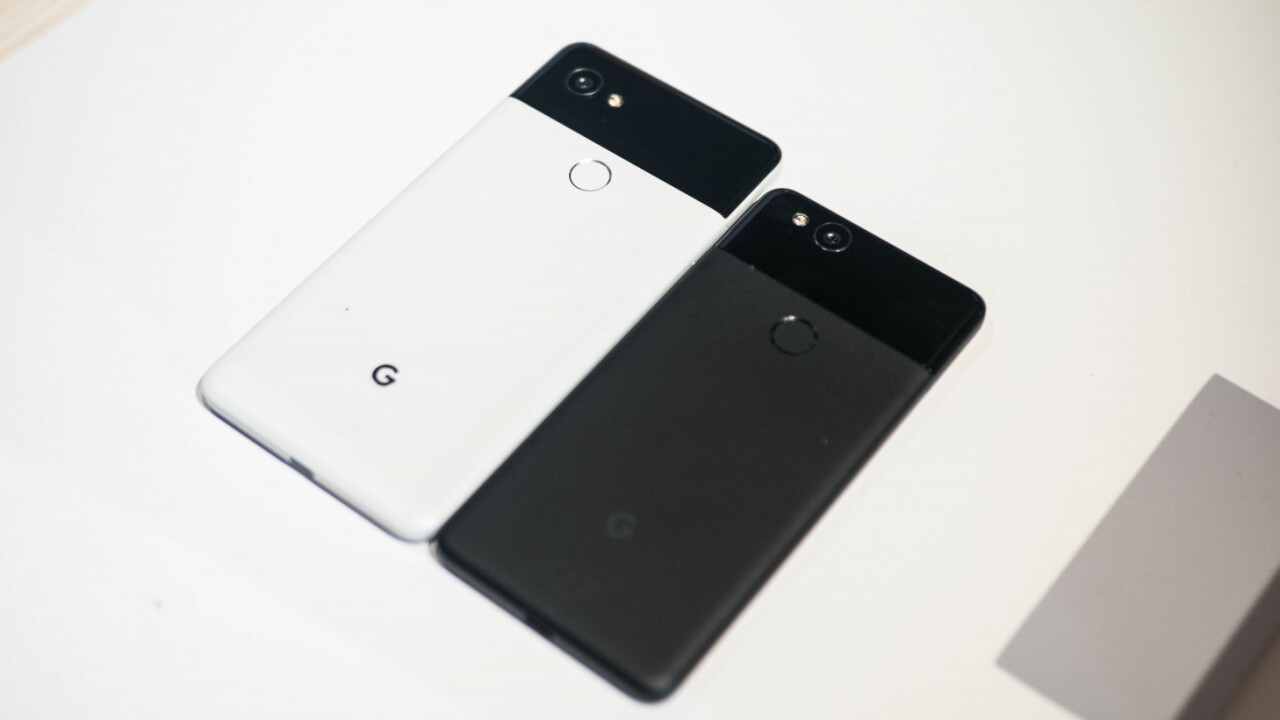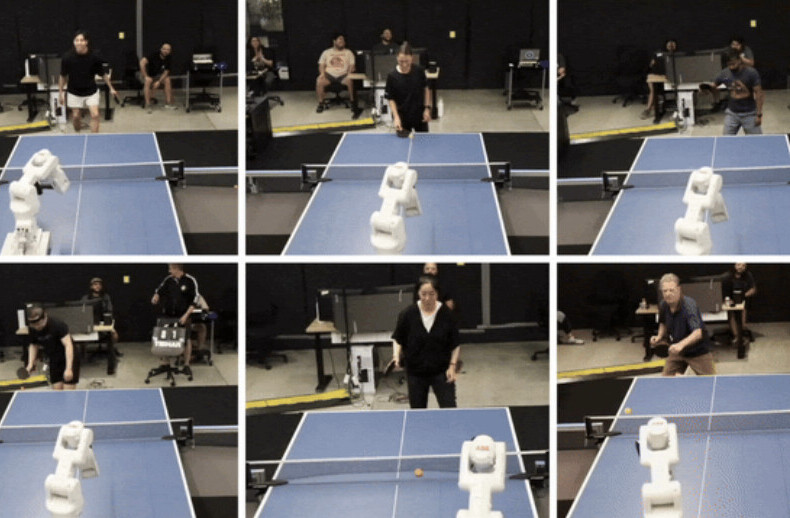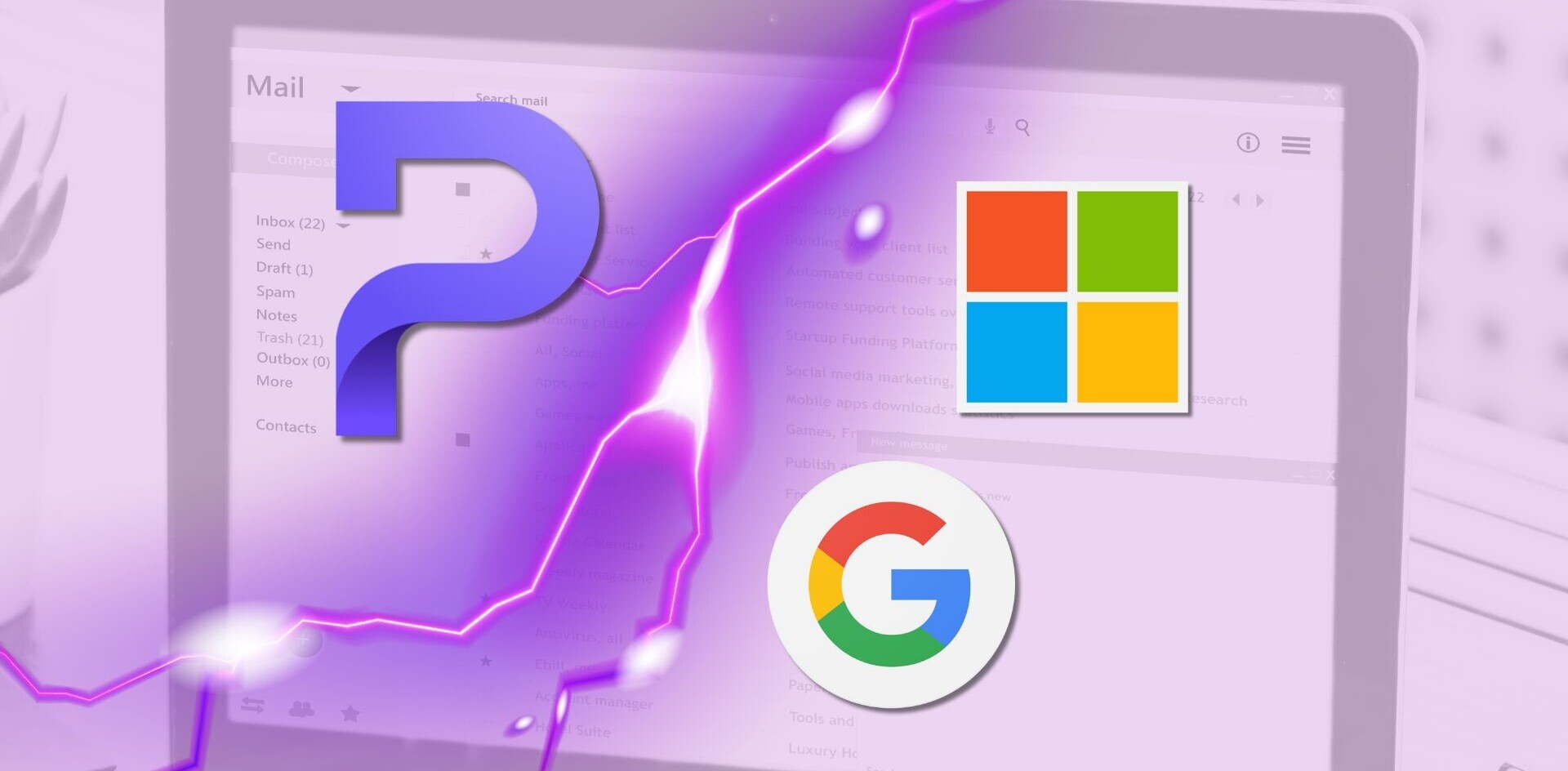
Going into today’s Pixel event, I doubted I’d be impressed. So much had leaked about the phones beforehand, and so little of it seemed remarkable in 2017’s onslaught of excellent phones. My draft for this post based on rumors and leaks was peppered with snarky skepticism.
But then I remembered that’s kind of how I felt about the Pixel last year too. Everything changed when and I actually got to hold one. Yeah, that’s a little corny, but it’s also true. The Pixel 2 really feels like more than the sum of its parts.
At first glance, the new Pixels are very much similar to their predecessors, with their metal design and glass backs, but they actually look and feel quite different. Rather than the somewhat soft finish of the originals, the Pixel 2 has a more grippy metal surface.

The color work is even less reflective, to the extent the phones almost look painted. It’s a really unique finish I can’t recall seeing on any other phone. I can’t say I prefer the new ‘kinda blue’ color to last year’s ‘very blue,’ but it certainly looks better than I expected in person.
The devices are almost exactly the same size as last year’s model, which is notable on the XL because of the much larger screen. It’s also a bit disappointing on the smaller model because it would’ve been nice to see Google offer either a bigger screen or fit a 5-inch display in a smaller body. So yeah the Pixel 2 has huge bezels, and we’ll just have accept that.
That said, it does make some ergonomic sense. The people buying the phone likely don’t care about display size as much as one-handed usability. The traditional 16:9 aspect ratio means you don’t have to stretch so far up to reach the notification bar and other UI elements.
(I still wish Google would build in a one-handed mode into the software though. I use it every day on the Galaxy Note 8 and LG V30, and it’s a lifesaver when your other hand is occupied.)
There’s also a bit more of a bezel on the Pixel 2 XL than most other competing phones, particularly on the sides. On the other hand, that means you won’t accidentally touch the screen when you use the new Active Edge feature to invoke Google Assistant with a squeeze.

The displays are better than last years, although they might not by as showy thanks to Android 8.0’s support for wide color gamuts. That means that all the Android apps built for sRGB might look a little duller than you’re used to, but it’s an important move for Android to catch up to iOS in the long run.
I noticed the screens both get quite bright and there’s less of the rainbowy tinting effect present on last year’s models when viewed from an angle. Oh and the stereo speakers sounded pretty good, as far as I could tell from the event venue. Certainly better than last year’s single speaker.
Performance, as you can imagine, was silky smooth. I mean, I know the Snapdragon 835 is way behind Apple’s new A11 bionic chip in terms of raw power, but I wouldn’t be able to tell just scrolling around the interface. That’s not too surprising though; the original Pixel is smoother than virtually every 2017 flagship, despite its year-old processor. What the Snapdragon 835 hopefully brings to the table is improved battery life, thanks to something like 25 percent better efficiency.

Then there’s that camera, and that new portrait mode. A crowded hardware event is hardly the best venue for testing a camera, but what I’ve seen has me tentatively excited. Google sensor combines dual pixel technology with machine learning to implement Portait mode with only one sensor, and I was surprised at how well it worked in my brief test.
It’s not perfect, but comparing it side by side with a Note8, it seemed to actually do a better job of blurring backgrounds without getting confused by my curly hair. And with the new DxO record of 98 – four points more than the iPhone 8 or Note 8. The addition of optical image stabilization should help improve low light, and the old Pixel was already one of the best performers in that area.
I also got to try some of the new AI features like ARCore and Google Lens. It was a brief demo, but Lens was able to quickly recognize objects I pointed the camera at, and I got to hang out with some AR stickers from Stranger things too.
Let’s be clear though that the Pixel 2 isn’t going to please everyone. As much as Google wants to show Android can be as smooth as iOS, Android has always been the OS for power users. The Pixels don’t really feel like power-user phones compared to devices like the Galaxy S8 and Note 8, or the LG V30. The lack of a headphone jack alone is going to be a turn off for many potential buyers (as cool as the new Pixel Buds are). I’m normally one of those users, and I’m still not sure the Pixel will end up being the phone for me.
But at the very least, Google is setting a standard for the pure Android experience and the new AI that powered it. If battery life and the camera hold up in the real world, there’s a lot to look forward to later this fall. We’ll let you know if they’re worth your money once we get some more time with the devices for our final review.
For more from Google’s Pixel 2 hardware event, follow all our coverage here.
Get the TNW newsletter
Get the most important tech news in your inbox each week.




